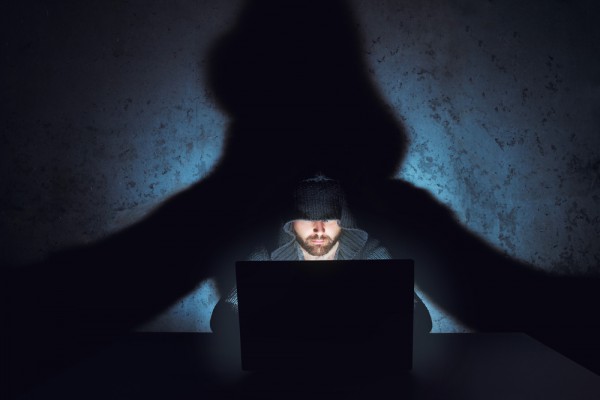It's 2029, you're paying more to read this page at peak time (and we're paying your ISP to stop you visiting other tech sites)

What would a world be like where ISPs and businesses are in control of everything you see and do online? A world, in other words, without net neutrality.
VPN comparison site TheBestVPN.com has been considering this and has created an interactive simulator looking at what the web without net neutrality could look like in 2029.
Among the predictions are that ISPs may be able to block types of connection devices -- so they can force users to use a specific type of Wi-Fi router, rather than a third-party one, or even determine what types of PC, smartphone, and games console can and can't connect to their internet service.
They could also favor certain types of traffic -- even to the level of specific websites, or limit protocols to stop entrepreneurs setting up their own competing internet businesses. They could block or limit services such as music streaming or video streaming, and even change or delete what users have written online.
As if that's not scary enough you could be charged more for accessing services at peak times. You could also be charged for a premium services that ease some of the restrictions we've mentioned above.
ISPs could also take payments from businesses to prevent you from accessing competitors, so your choice of online stores or food delivery services would be restricted.
Why should we be worried about this? In 2015, under the Obama administration, the principle of net neutrality was enshrined into US law. In 2017 this was repealed under the Trump administration. Yet a University of Maryland poll finds that 83 percent of Americans don't approve of the FCC’s proposal to repeal net neutrality.
Commenting on the simulation, TheBestVPN.com's co-founder, Rob Mardisalu says:
Essentially, our tool explores the worst-case scenario for internet users: they're penny-and-dimed at every turn, reduced to visiting only four websites, forced to share their browsing habits, and only given news written by AI bots.
This might sound dystopian, but since the repeal, it is increasingly likely.
It’s only been a year since the rules lapsed, so there is still hope that our dire predictions will never come to pass. Let's hope we’re wrong. The future of the internet depends on it.
Try out the internet in 2029 for yourself here (we won't charge you for clicking the link... Yet).
Photo Credit: Dmitry Molchanov/Shutterstock
